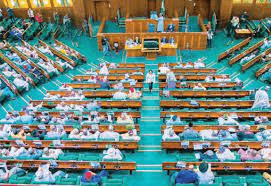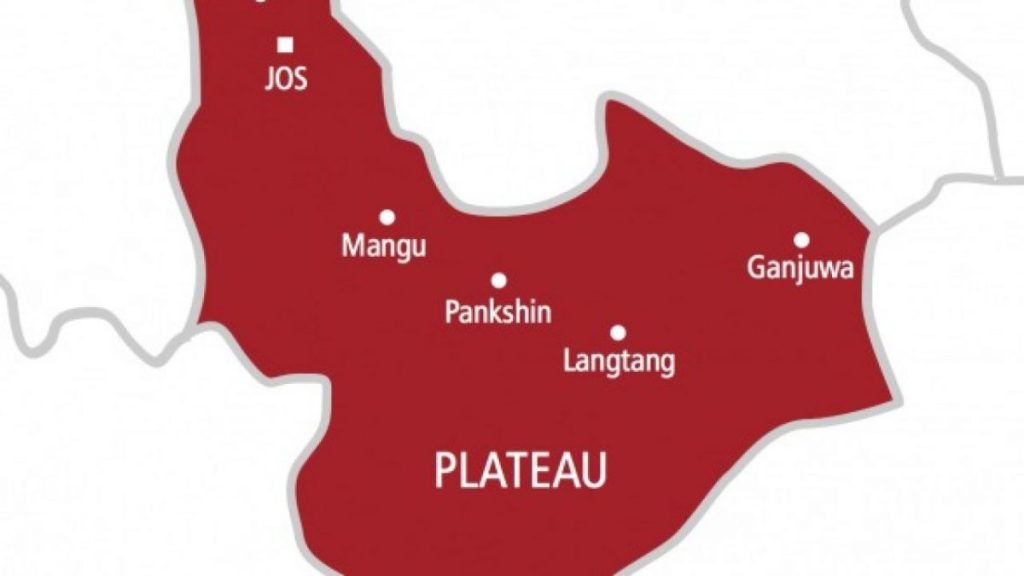Feb 14, 2024
– Reporter

A total of 60 members of the House of Representatives have sponsored three bills proposing alterations to the Nigerian Constitution 1999 (as amended) to transition from the current Presidential System to the Parliamentary System of government by 2031.
The three bills were introduced on the floor of the House at plenary on Wednesday by the Clerk of the House for first reading.
They were sponsored by the House Minority Leader, Kingsley Chinda, and 59 other members.
The bills are Constitution of the Federal Republic of Nigeria, 1999 (Alteration) Bill, 2024 (HB.1115); Constitution of the Federal Republic of Nigeria, 1999 (Alteration) Bill, 2024 (HB.1116) and Constitution of the Federal Republic of Nigeria, 1999 (Alteration) Bill, 2024 (HB.1117).
Briefing journalists after the plenary, the lawmakers said they came together across party affiliations and regional backgrounds to present the bills proposing constitutional alterations to pave the way for the transition of the system of government.
Abdussamad Dasuki, who spoke on behalf of the sponsors, said the proposed alterations, when passed, would significantly impact the national political landscape.
“Over the years, the imperfections of the presidential system of government have become glaring to all, despite several alterations to the constitution to address the shortcomings of a system that has denied the nation the opportunity to attain its full potential.
“Among these imperfections are the high cost of governance, leaving fewer resources for crucial areas like infrastructure, education, and healthcare, and consequently hindering the nation’s development progress, and the excessive powers vested in the members of the executive, who are appointees and not directly accountable to the people.
“Our founders in their wisdom and in a political atmosphere devoid of compulsion, and having considered the interests of their native peoples and their desire to live together in a country where truth and justice reign, where no man is oppressed, and where all citizens live in peace and plenty, adopted the Parliamentary System of Government.
“That was the governance system of the First Republic, a period when legislative and executive powers were exercised by the representatives of the people in parliament and in the executive, and by the nature of the system these representatives were accountable to the people. For six years while it was in operation, the system worked for the country,” he said.
The lawmakers noted that the return of Nigeria to parliamentary system would make governance accountable, responsible and responsive, and ultimately less expensive.
They also believe the bills to achieve this transition will ignite a national conversation about the future of the Nigerian governance system.
“Our conviction is that a streamlined executive branch, which replaces the president and vice president with a prime minister and cabinet chosen from the legislature, could lead to a smaller central government, reducing salaries and administrative expenses.
“We also hold strongly that shifting the election of governors and local government chairmen from general election to votes within their respective legislative bodies could save billions spent on state and nationwide campaigns.
“Because ministers, commissioners (at the state level) and supervisors (at the local government level) emerge from parliament, there is a greater coordination between the executive and the legislature, just as there will be increased legislative scrutiny, which would make cabinet members responsive to the yearnings of the people and more accountable,” the lawmakers said.



